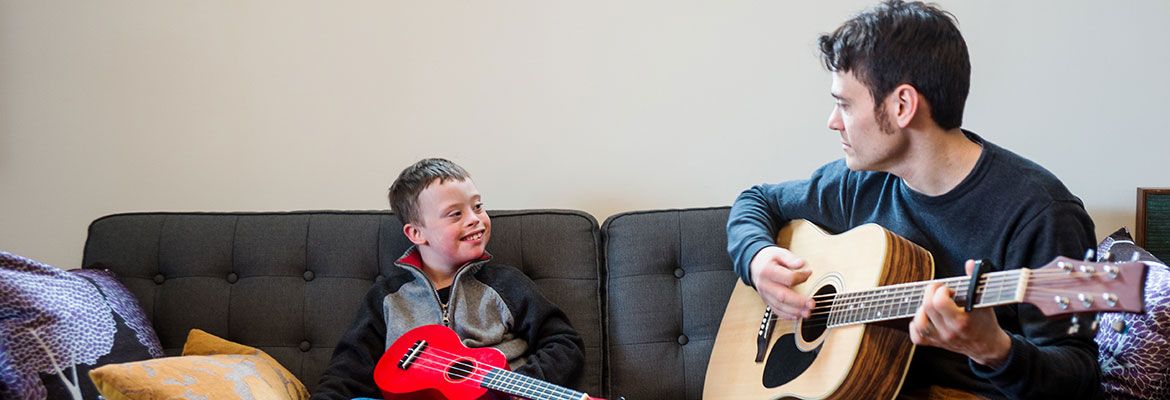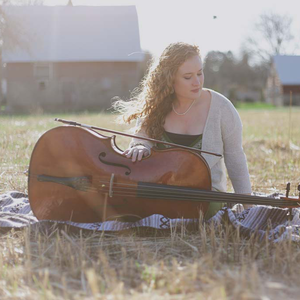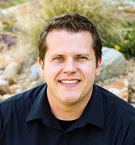B.M. in Music Therapy
Overview
Music is more than an opportunity to connect, express and create –– it can be used as a treatment to improve the lives of people with physical, cognitive and emotional disabilities. Earn your B.M. in Music Therapy to develop your musical and clinical skills to assist people toward a healthier quality and adjustment to life.
Fully accredited by American Music Therapy Association (AMTA), the music therapy program at Biola’s Conservatory of Music allows you to develop your musical skill along with clinical excellence, in partnership with Rosemead School of Psychology. Learn how to harness your musical abilities to alleviate emotional and physical hardship for those in your community.
Biola's music therapy program offers several key advantages:
- Musical Reputation. Become part of Biola’s internationally regarded Conservatory of Music, performing and growing artistically alongside talented musicians committed to creative excellence.
- Interdisciplinary Study. Develop clinical excellence and advanced skills working with clients of diverse experiences and abilities through courses offered in partnership with Biola’s Rosemead School of Psychology.
- Biblical Integration. Discover how thinking theologically about suffering, disability, service and the creation of humanity in God’s image fuels humility and excellence as we treat clients and make music.
- Strategic Location. Broaden your experience in one of the most culturally diverse metropolitan areas in the world. Secure internships in Southern California’s hospitals, schools, senior centers, mental health facilities and beyond.
- Dedicated Community. Community is a cornerstone of Biola’s Conservatory of Music. Through intentional faculty investment and student collaboration, you’ll forge relationships that will shape your identity and future.
- Semester Internship. As part of your program, you’ll complete a 6-month internship following the completion of your classroom studies. This internship will give you hands-on experience and prepare you for professional success.


